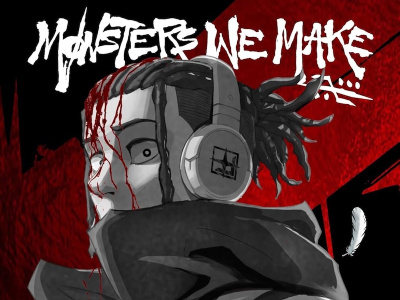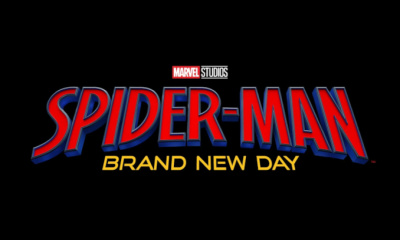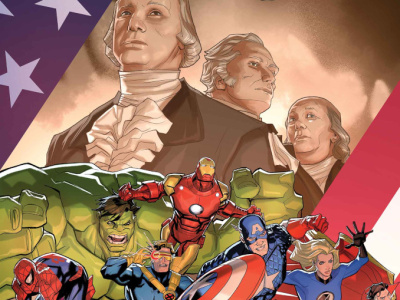
This fall the Chicago Review Press will publish Jordan Raphael and Tom Spurgeon's Stan Lee and the Rise and Fall of the American Comic Book, an unauthorized biography that attempts to put the protean Lee in some kind of perspective.
Lee's own autobiography, Excelsior, is a lot of fun, but it is often as superficial as a 5-page backup story and leaves many questions about his career unanswered. Raphael and Spurgeon's book appears to be a serious attempt to place the career of Stan-the-Man in perspective. The prospectus for their volume characterizes him 'as a dazzling writer, a skilled editor, a relentless self-promoter, a credit hog, and a huckster.' The key question concerning Lee's career as far as most fans are concerned revolves around his claim to have created the basic denizens of the Marvel universe. Spurgeon was an editor for The Comics Journal, which championed the cause of Jack Kirby, the artist who was the co-creator of many of the Marvel characters and who was treated shabbily by Marvel (especially in regards to his original art work). It should be interesting to see exactly how Spurgeon and Raphael treat the dynamic between Kirby and Lee, though the 'credit hog' reference does give some indication that the authors feel that Lee's claims of creative responsibility were overblown. Perhaps it is the wisdom of age, but in recent years Lee has been more generous in assigning Kirby a role in the creation of the basic Marvel characters. One wonders if Raphael and Spurgeon will treat their subject with a similar generosity and do justice to this seminal, contradictory, and unavoidable giant in the tradition of American commercial comic books.







